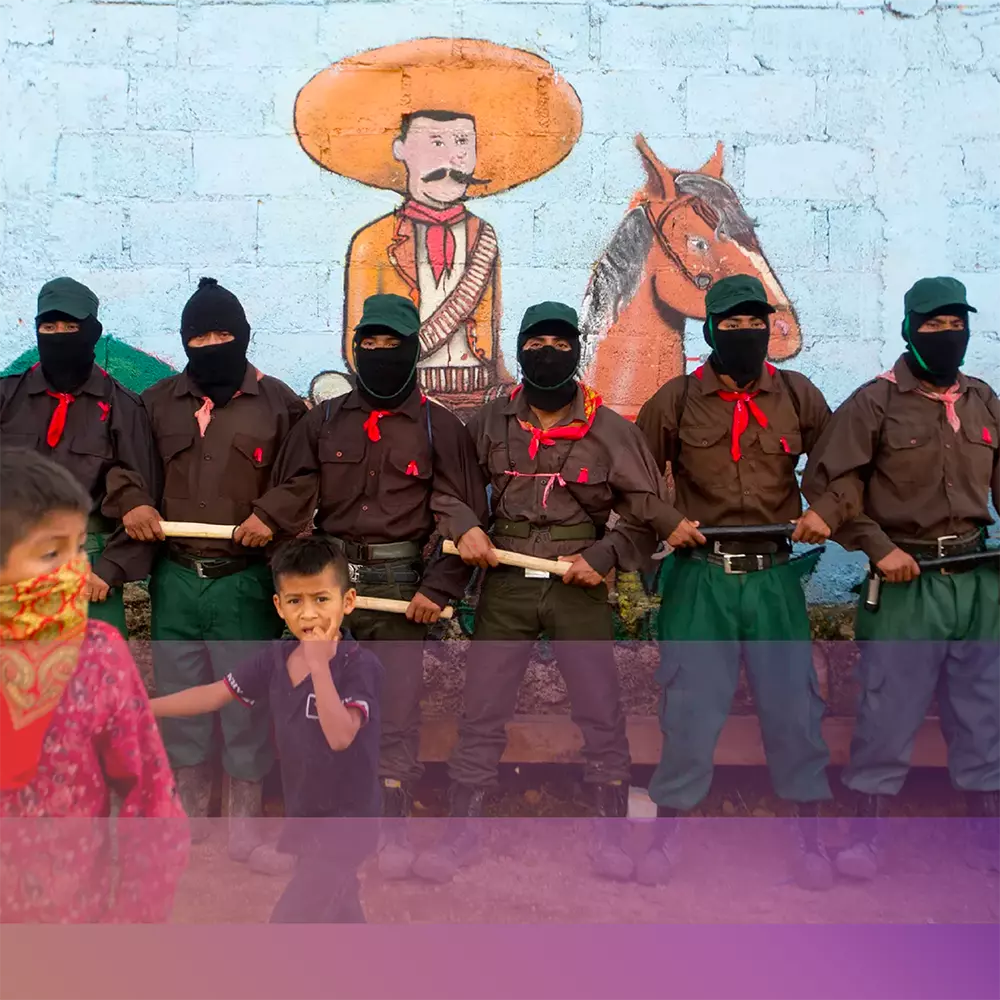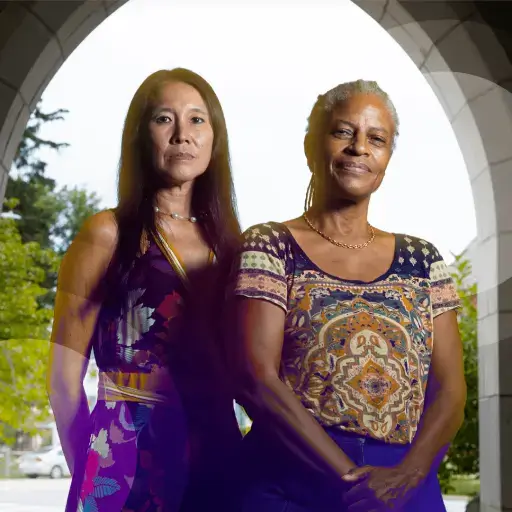
7 Principles of Zapatismo to Consider in Community Building
On January 1, 1994, the concept of Zapatismo arrived when a resistance group took up arms and seized several towns in Chiapas, Mexico. The group primarily consisted of a band of separate and mixed Indigenous tribes with their own customs including Ch’ol, Tzeltal, Tzotzil, Tojolobal, Mam, and Zoque. The event made headlines worldwide and sparked a movement for Indigenous rights, autonomy, and social change.










